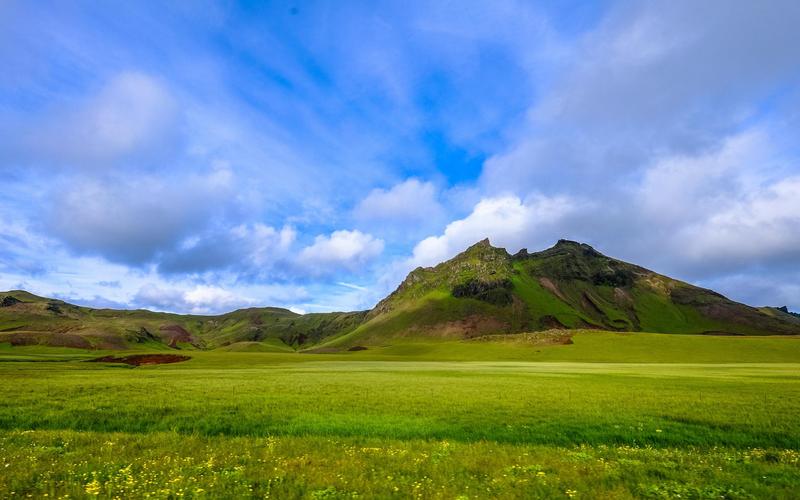In just a few decades, the media landscape has undergone a complete transformation. We have gone from analogue to digital and the shift has had a profound impact on the way we consume and distribute news and information. The rise of the internet and social media has dramatically changed the way we connect with each other and with the media.
In the past, traditional media like newspapers, television, and radio were the dominant sources of news and information. People relied on these mediums to learn about what was happening in their local community and around the world. But with the advent of the internet, these traditional forms of media have struggled to compete with the fast-paced, 24/7 nature of digital media.
Digital media has made it easier for people to access information and news from around the world, at any time of day. Social media has also made it easier for people to connect with each other, share information, and participate in online conversations. As a result, traditional media outlets have had to adapt to the changing landscape or face becoming irrelevant.
Now, print media struggles in the age of smartphones and mobile devices. Many newspapers have cut back on staff and reduced circulation in order to survive. Meanwhile, digital media outlets have grown exponentially. Online news websites like Buzzfeed and Huffington Post have gained massive audiences by providing entertainment, information and news in a format that is both engaging and shareable.
It’s also worth noting that digital media has changed the way news is reported. The rise of citizen journalism and social media has made it easier for people to share their experiences and stories with the world. This has led to a more diverse range of voices and viewpoints being represented in the media.
The transformation of the media landscape has had both positive and negative effects. On the one hand, we have access to more information than ever before. On the other hand, the proliferation of ‘fake news’ and the echo chamber effect of social media means it can be difficult to separate fact from fiction.
Overall, the transformation of the media landscape has been a remarkable and fascinating development. As technology continues to advance, it will be interesting to see how the media evolves and adapts to new challenges.
(Note: Do you have knowledge or insights to share? Unlock new opportunities and expand your reach by joining our authors team. Click Registration to join us and share your expertise with our readers.)
Speech tips:
Please note that any statements involving politics will not be approved.
